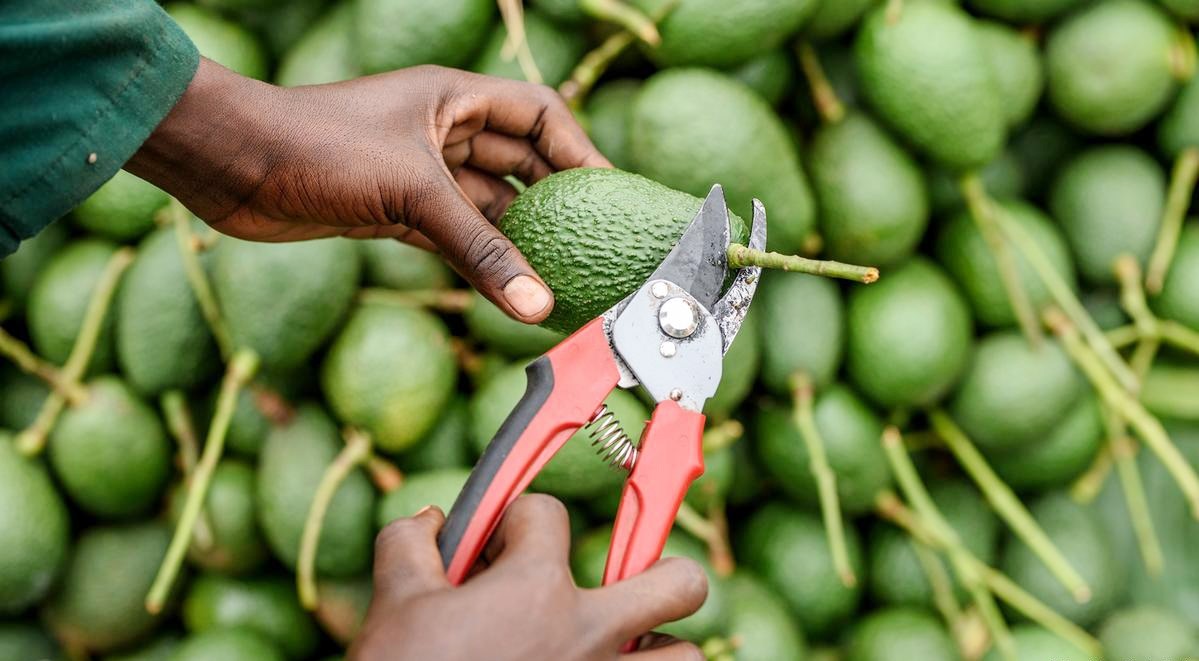DR Congo army accuses Rwanda of backing rebels

Rwandan troops
What you need to know:
- DRC Communications Minister and government spokesman Patrick Muyaya said Monday night that following the army accusations, the foreign ministry would "invite Rwanda's ambassador (on Tuesday) so that he comes to give us some explanations".
The Democratic Republic of Congo (DRC) army has explicitly accused Rwanda of supporting an armed rebellion in the east of the vast country, charges Kigali denied on Tuesday.
After months of suspicion and decades of mistrust between the two neighbours, a spokesman for the military governor of North Kivu province issued a statement saying the March 23 Movement (M23) "backed by the Rwanda Defence Force, (RDF) carried out incursions and attacked positions" of the army overnight Sunday-Monday.
The attacks took place at Tchanzu and Runyoni, in the Rutshuru area, the spokesman, general Sylvain Ekenge, said in the statement late Monday.
To support his accusations, Ekenge said two Rwandan soldiers had been arrested during Monday's attacks, giving the identities of a warrant officer and a private.
The two alleged soldiers, dressed in civilian clothes, were standing next to him in footage shown on Congolese television.
- UN helicopter missing -
The UN Stabilization Mission in the DR Congo (MONUSCO) said in a tweet Tuesday that it had "lost contact" with one of its helicopters which was on a reconnaissance mission in the region.
"The causes of this disappearance are not yet known. Research is ongoing," the mission said.
Sources in civil society groups in the region said fighting resumed Tuesday morning between government troops and the rebels from M23, also known as the Congolese Revolutionary Army.
M23 emerged from an ethnic Tutsi Congolese rebellion that Rwanda and Uganda had supported in the border province plagued by myriad armed groups over the last 25 years.
M23 was defeated by the army in 2013 but has resurfaced since November and been accused of staging several raids on military strongholds around Rutshuru.
The movement claimed the authorities in the capital Kinshasa have failed to respect commitments undertaken to ease the demobilisation and integration of its combatants.
DRC Communications Minister and government spokesman Patrick Muyaya said Monday night that following the army accusations, the foreign ministry would "invite Rwanda's ambassador (on Tuesday) so that he comes to give us some explanations".
The governor of Rwanda's western province, Francois Habitegeko, hit back on Twitter on Tuesday.
"We would like to categorically refute the baseless accusations and state that RDF is not by any means involved in the belligerent activities," in DR Congo, he wrote.
He added that the two men put on display on Congolese television had been arrested "more than a month ago" and were not the soldiers named.
- 'Tired of war' -
M23 spokesman Willy Ngoma, in a video message, said the movement was strictly Congolese and did not receive "any assistance... from any neighbouring country".
Goma resident Kennedy Bahati, 32, said he and everyone in the region was scared and "tired of war".
Since Rwandan Hutus accused of slaughtering Tutsis during the 1994 genocide flooded into the DRC, Kigali has been regularly accused of incursions into Congolese territory and of backing armed rebels in the east.
Ties improved with the 2019 arrival in power of President Felix Tshisekedi, who has met his Rwandan counterpart Paul Kagame several times.
However, M23's re-emergence has renewed tensions. The group put out a statement at the weekend saying army operations "against (its) combatants probably show the definitive choice of the Republic's government to fight it out with M23".
The provinces of North Kivu and Ituri were placed under a state of siege in May with local authorities replaced by army officers and police but violence has continued unabated.




